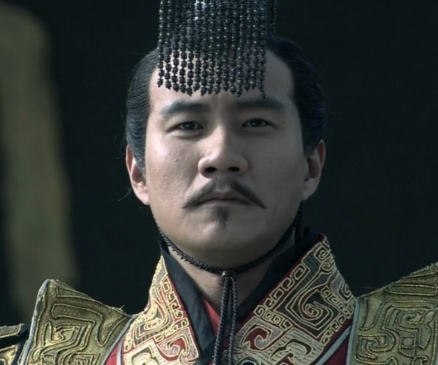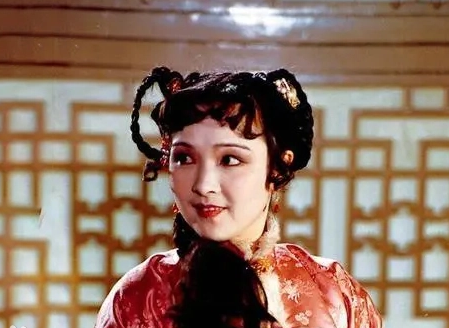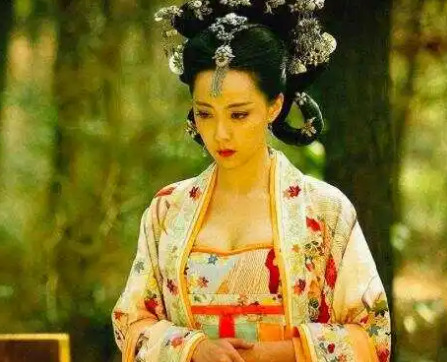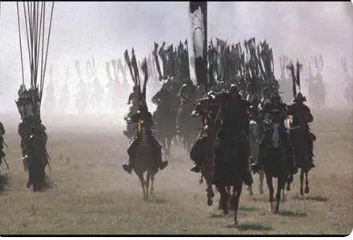In the long history of Chinese emperors, imperial power was often accompanied by intrigues and struggles in the deep palace. Emperor Jiajing of the Ming Dynasty narrowly escaped a deadly conspiracy planned by palace women. This incident not only shook every palace in the Forbidden City, but also exposed the unknown undercurrents in the deep palace.

I. Background Introduction:
Emperor Jiajing, also known as Zhu Houcong, was the eleventh emperor of the Ming Dynasty. During his reign, the country's strength recovered and culture and technology developed. However, his palace was not a place of tranquility. Due to Emperor Jiajing's belief in Taoism and obsession with alchemy, corruption in the court became severe, and his suspicious nature led to tense relations in the palace, ultimately leading to a conspiracy against him.
II. Incident Overview:
One night in 1542, a dozen or so seemingly delicate palace women banded together and, while Emperor Jiajing was asleep, tightly tied a silk ribbon around his neck, attempting to end the emperor's life. Unexpectedly, these palace women did not know how to properly use the rope, and due to their panic and lack of coordination, they failed to strangle Emperor Jiajing. The emperor's struggle made a noise that attracted the attention of the guards, saving Emperor Jiajing's life.
III. Incident Handling:
After the incident, Emperor Jiajing was furious and immediately ordered a thorough investigation. Through severe interrogations, several palace women confessed that they had been instructed by eunuchs and court officials. This incident directly led to the execution of dozens of people, with widespread implications. At the same time, Emperor Jiajing tightened the management and surveillance within the palace, leading to the later "Red Pill Case," one of the "Three Major Cases of the Wanli Period."
IV. Historical Impact:
Although this incident, known as the "Palace Women's Coup," is only a minor episode in history, it reveals the contradictions and corruption within the late Ming court. Emperor Jiajing's narrow escape from assassination also reflects the social unrest at that time. Additionally, the incident had an impact on later culture, becoming a subject for many literary works and dramas.
V. Conclusion:
The long river of history is filled with countless such thrilling stories. Emperor Jiajing survived this assassination plot, but the incident undoubtedly had a profound impact on his soul. It reminds us that even the supreme emperor cannot escape the malice of human nature and the impermanence of fate. Looking back now, we should learn from this and be vigilant against the corrosion of power and the dark side of human nature, hoping that history will not repeat tragic mistakes.
Disclaimer: The above content is sourced from the internet and the copyright belongs to the original author. If there is any infringement of your original copyright, please inform us and we will delete the relevant content as soon as possible.
































